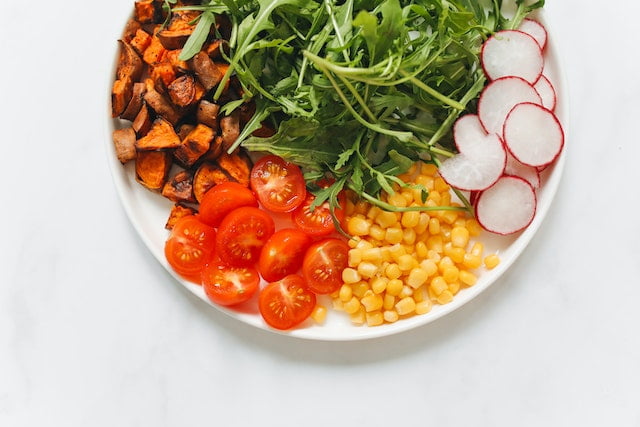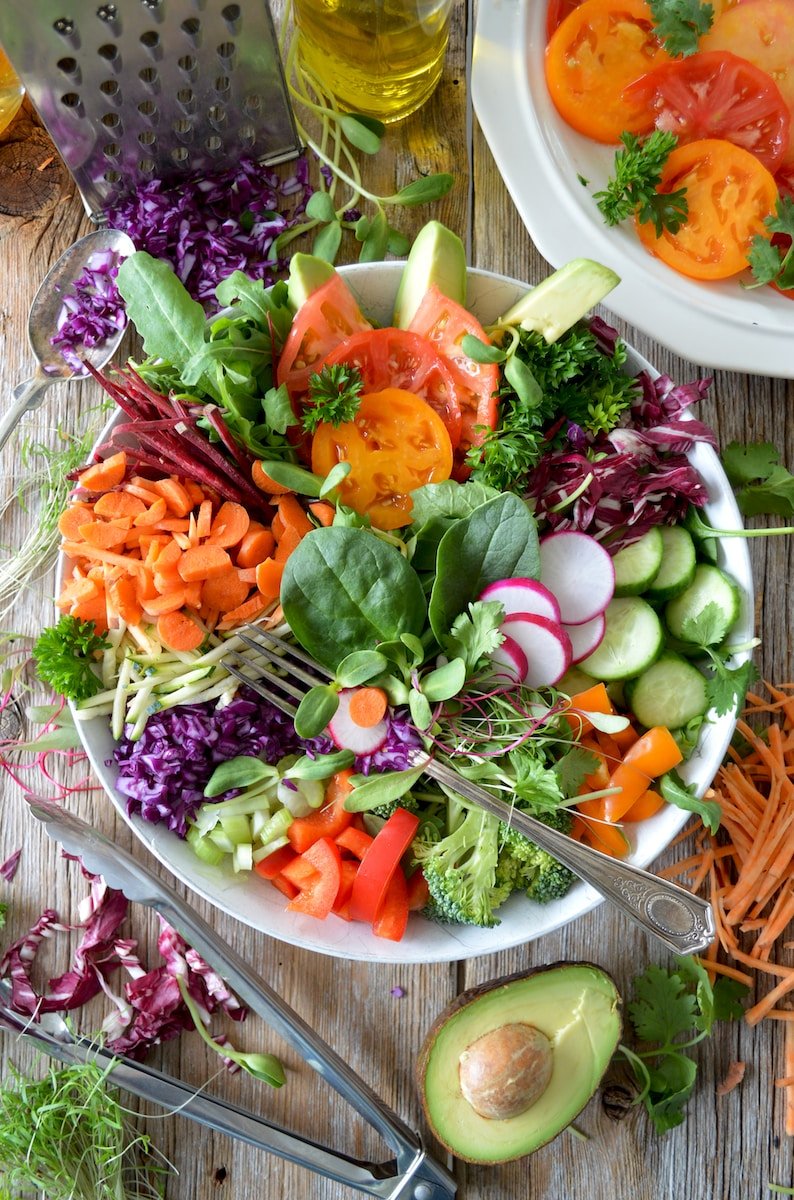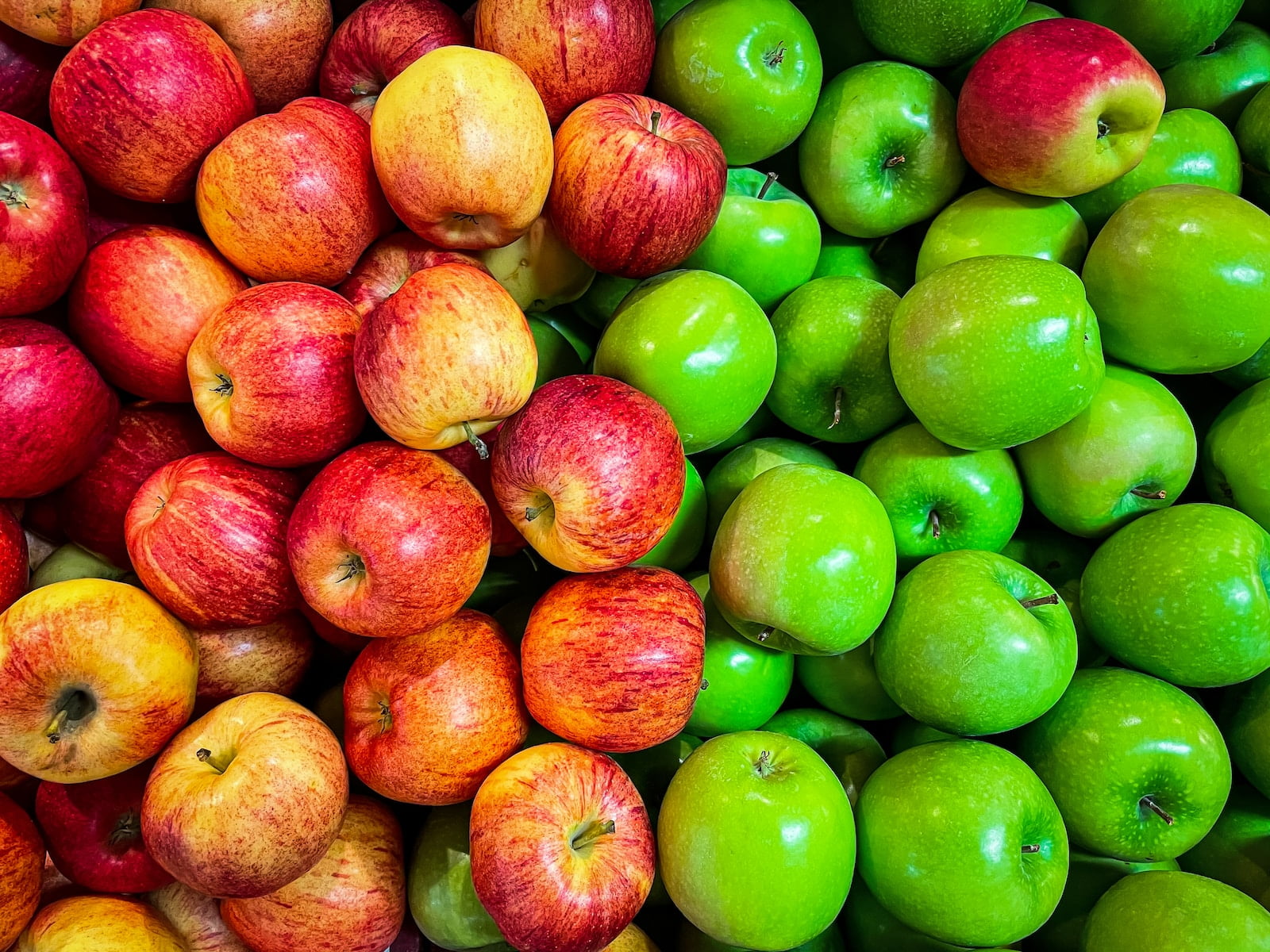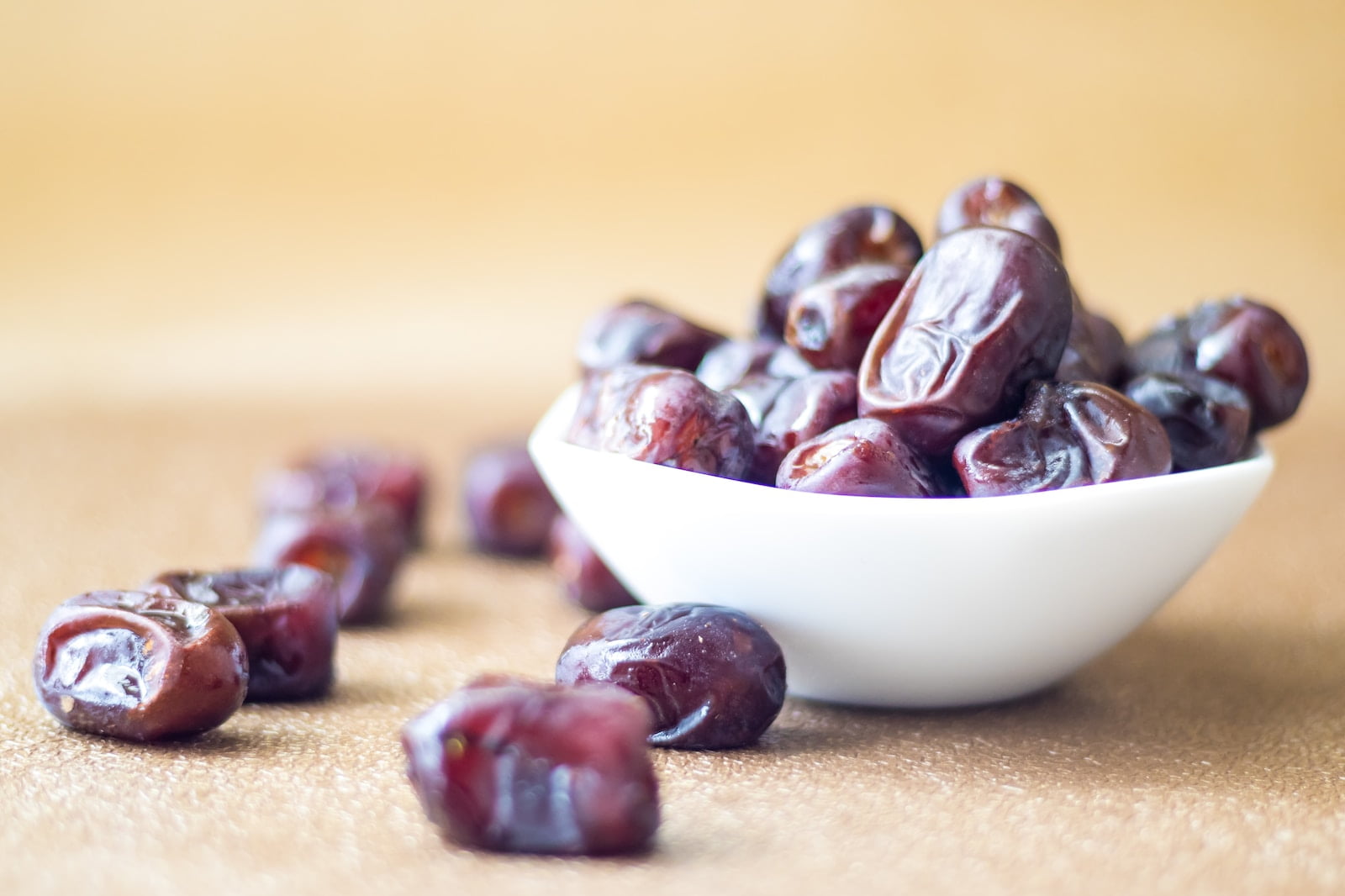It is crucial to clarify that none of the content shared through any of our platforms — including our website, YouTube channel, social media, or any other place where we might share information — is intended to be, nor should it be considered as, health advice.
As we age, our nutritional needs may change. It is important for people over 50 to consume a varied and balanced diet that includes a variety of nutrients to support overall health. Here are 17 nutrients that are particularly important for people over 50 to include in their diet:
- Protein: Protein is essential for maintaining muscle mass, supporting immune function, and healing tissues. Good sources of protein include lean meats, poultry, fish, eggs, beans, nuts, and seeds.
- Calcium: Calcium is important for maintaining strong bones and teeth. Good sources of calcium include dairy products, fortified plant-based milk alternatives, leafy green vegetables, and almonds.
- Vitamin D: Vitamin D helps the body absorb calcium and is important for bone health. Good sources of vitamin D include sunlight, fatty fish, and fortified foods such as milk and cereal.
- Potassium: Potassium is important for maintaining healthy blood pressure and supporting muscle function. Good sources of potassium include fruits and vegetables, such as bananas, sweet potatoes, and avocados.
- Fiber: Fiber is important for maintaining regular bowel movements, supporting heart health, and helping to control blood sugar levels. Good sources of fiber include whole grains, fruits, vegetables, and legumes.
- Iron: Iron is important for carrying oxygen to the body’s tissues and supporting immune function. Good sources of iron include meat, poultry, seafood, beans, and fortified grains.
- Folate: Folate is important for the production of red blood cells and the synthesis of DNA. Good sources of folate include leafy green vegetables, beans, and fortified grains.
- Magnesium: Magnesium is important for supporting muscle and nerve function, as well as maintaining healthy bones. Good sources of magnesium include nuts, seeds, whole grains, and leafy green vegetables.
- Vitamin B12: Vitamin B12 is important for maintaining healthy nerve function and producing red blood cells. Good sources of vitamin B12 include meat, poultry, seafood, and fortified foods.
- Omega-3 fatty acids: Omega-3 fatty acids are important for supporting heart health, reducing inflammation, and maintaining brain function. Good sources of omega-3s include fatty fish, such as salmon and tuna, as well as flaxseeds, chia seeds, and walnuts.
- Vitamin A: Vitamin A is important for maintaining healthy vision, supporting immune function, and promoting healthy skin. Good sources of vitamin A include carrots, sweet potatoes, and leafy green vegetables.
- Vitamin C: Vitamin C is important for supporting immune function, maintaining healthy skin, and helping to absorb iron. Good sources of vitamin C include oranges, strawberries, and leafy green vegetables.
- Zinc: Zinc is important for supporting immune function and wound healing. Good sources of zinc include meat, poultry, seafood, and beans.
- Vitamin E: Vitamin E is important for maintaining healthy skin and supporting immune function. Good sources of vitamin E include nuts, seeds, and vegetable oils.
- Thiamin: Thiamin is important for converting food into energy and maintaining healthy nerve function. Good sources of thiamin include whole grains, nuts, and beans.
- Riboflavin: Riboflavin is important for converting food into energy and maintaining healthy skin. Good sources of riboflavin include dairy products, eggs, and fortified grains.
- Niacin: Niacin is important for converting food into energy and maintaining healthy skin. Good sources of niacin include meat, poultry, and fortified grains.
Affiliate Disclosure: I only recommend products I would use myself and all opinions expressed here are our own. This post may contain affiliate links that at no additional cost to you, I may earn a small commission.




























